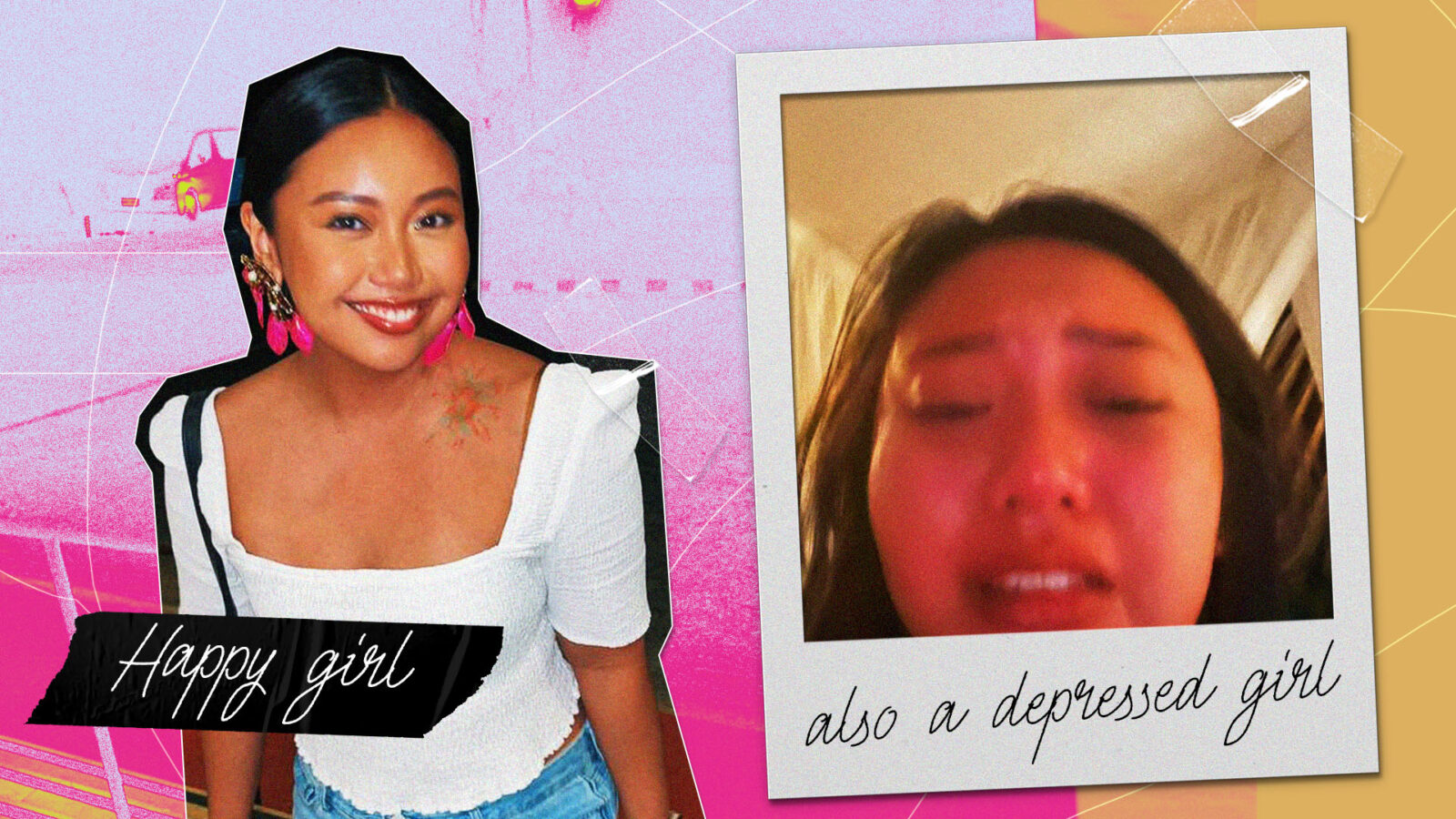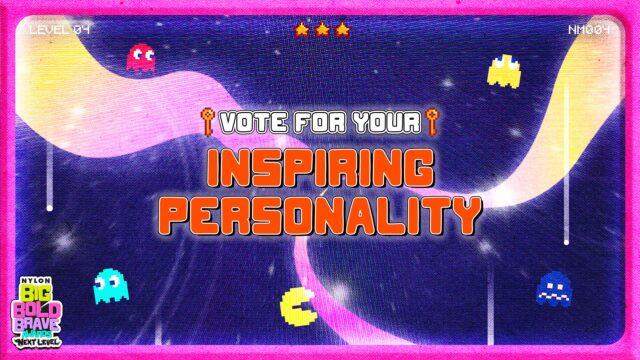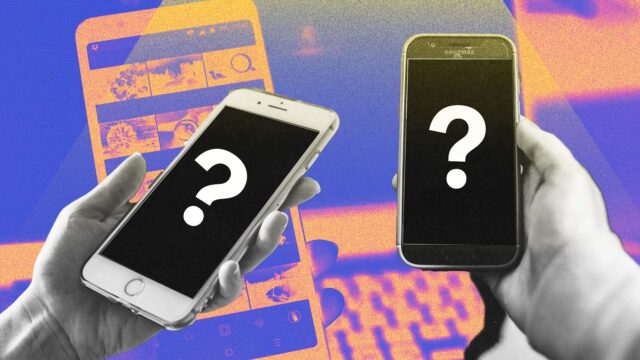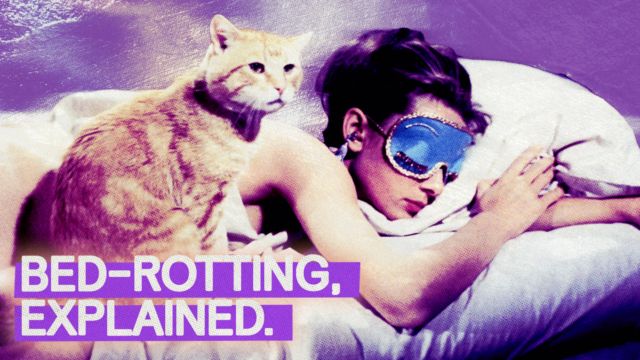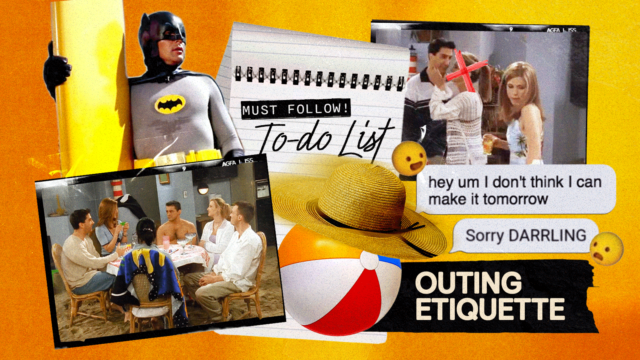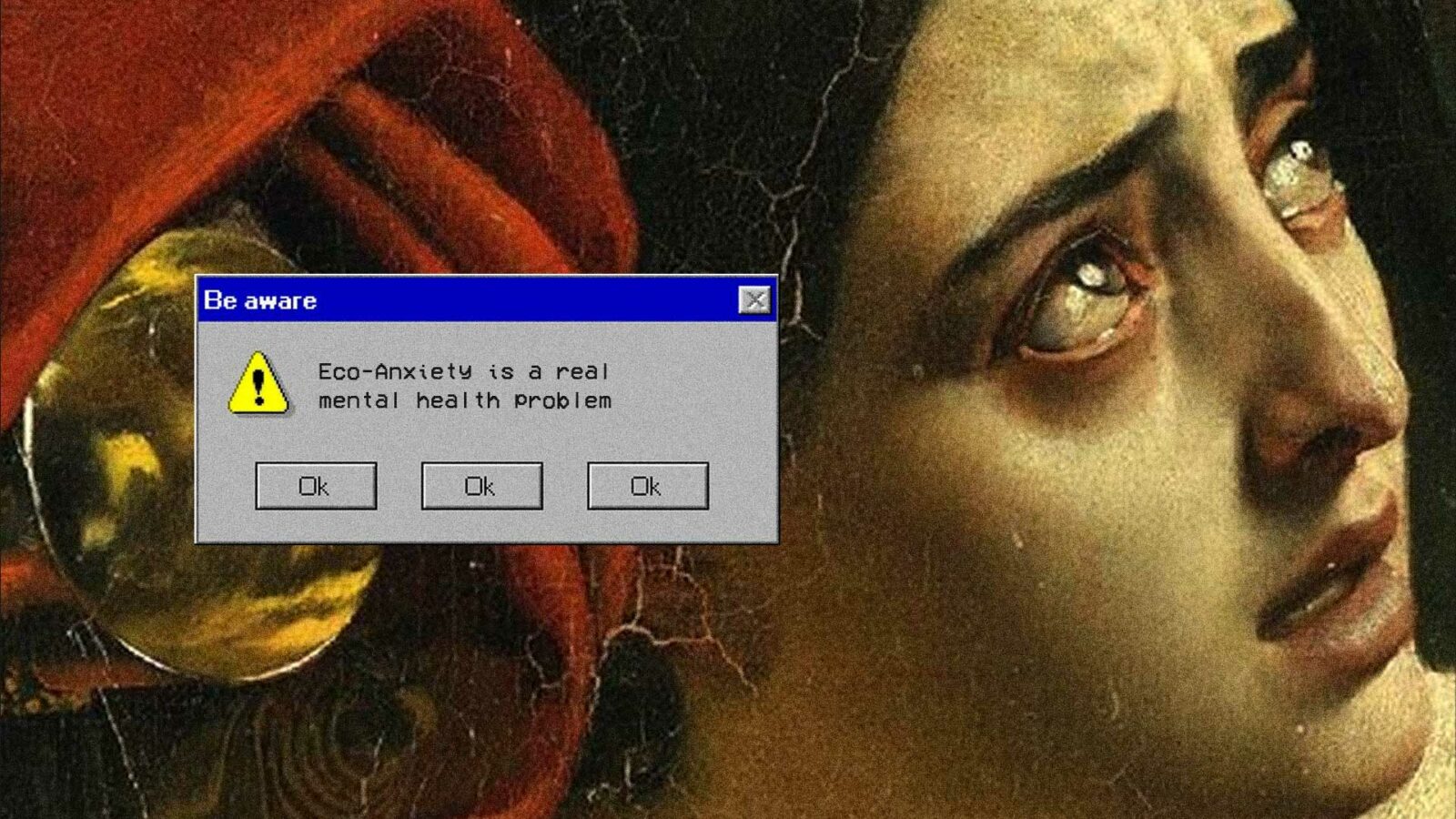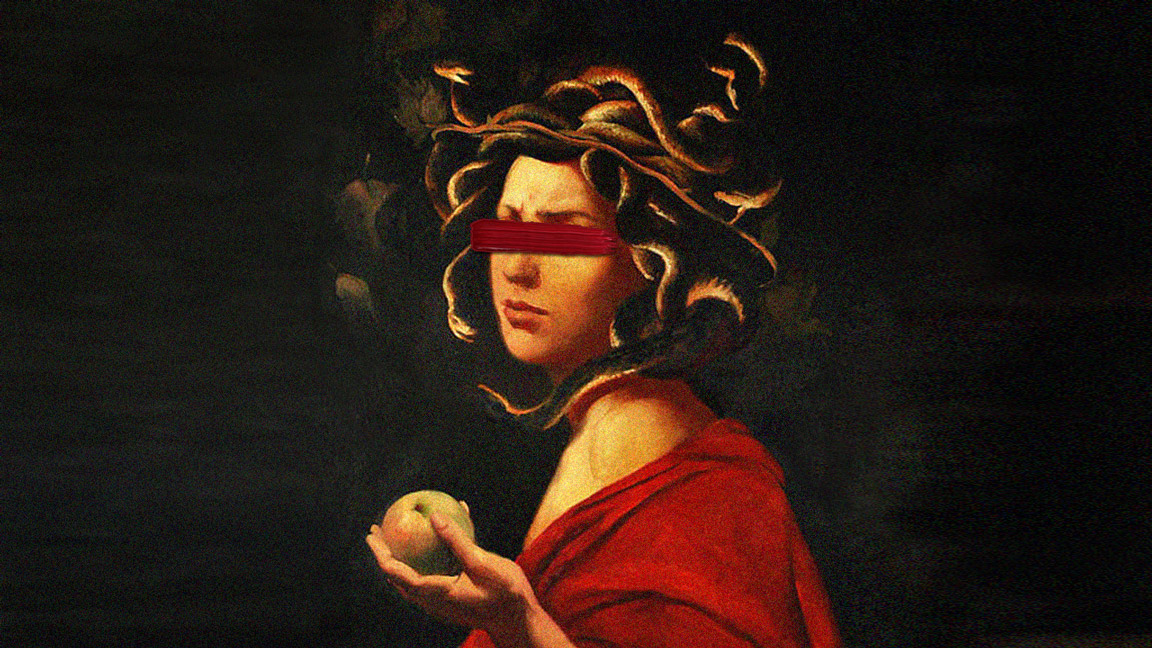Depression looks differently on different people, and it’s something I learned the hard way as someone who has always tried to be “the strong one.”
Related: Mental Health Services You Can Avail Of
Disclaimer: The following story is not intended to be a substitute for professional advice, diagnosis, or treatment. Always seek the advice of your mental health professional.
I’m no stranger to taking care of my mental health, as it’s something that I’ve spent the last years nurturing through meditation practices, consistent exercise, a strong sense of community, and even professional help. A peek through my Youtube watch history would show a list of productivity vlogs, online yoga classes, and TED talks. Ask any of my friends and I’m confident a lot of them would say I’m a pretty upbeat, happy person. And even when life has gotten rough in the past, I’ve always been proactive about finding the silver lining through meticulous planning and a sprinkle of optimism.
So you can imagine my surprise when at the peak of my young career, armed with the stability of satisfactory adulthood, I found myself diagnosed with depression again. It came as a shock because my current situation is a far cry from my first diagnosis, when I was unemployed, broke, and stuck in lockdown limbo. Back then, I thought that all the uncertainty and the general state of the world justified my relentless sadness. Obviously, I told myself, it just made sense. But now? What right did I have to feel this way?
What Is Depression?
According to the American Psychiatric Association, depression is a “common and serious medical illness that negatively affects how you feel, the way you think and how you act… Depression causes feelings of sadness and/or a loss of interest in activities you once enjoyed. It can lead to a variety of emotional and physical problems and can decrease your ability to function at work and at home.”
Contrary to what I used to believe, depression is not solely affected or caused by one’s experiences. Other than environmental factors, there are also biochemistry, genetics, and personality. So if you’re experiencing symptoms of depression, don’t hesitate to seek professional help. After all, we can’t treat what we don’t know.
That being said, here are some signs of depression I totally missed until my psychiatrist (and other people) pointed them out:
Excessive Sleep
For months, I had blamed my schedule and busy lifestyle for my excessive naps. I thought I was just working myself to the bone like most people my age. But after I had missed two consecutive appointments with my doctor, I realized this was more than the usual case of fatigue. Even my sister had noticed it. “You’ve been sleeping too much. It’s kinda alarming,” she mentioned one time, after I had woken up from another 5-hour nap, multiple days in a row. I remember how I would only wake up to have brunch and go straight back to sleep because I physically could not function.
When I realized what was becoming a really bad habit, I started deliberately finding activities to keep me going through the day. I started surrounding myself with people because I knew that being alone would lead me back to the -same cycle of late nights, late mornings, depressing afternoons, and seemingly endless days of emptiness.
Isolation
As an extrovert, my self-isolation should have been another glaring sign for me, but because of my own denial, I had waved it off. For weeks at a time, I would stay alone at my condo, only going out for extremely important events and appointments. I refused to walk to the nearby restaurants or grocery stores for food, and instead had everything delivered to me. My family only lived 40 minutes away, but I would make excuses not to go home and visit on the weekends.
In hindsight, I realize now that I was avoiding my loved ones because I did not want to bother them with my disposition. Once, I even told a friend, “I feel like I have no use if I’m not my usual bubbly self.” Which, of course, I now know to be false. I’ve since started spending more days at our family home, and I’ve learned to depend on them once again for emotional support. It was surprisingly liberating.
Losing A Sense Of Purpose
I’ve lived my whole life as a goal-oriented person, and even at rock bottom, I knew there was always something to strive for. From breakups to failed business ventures, there was a fire in me that never really got put out even at the face of challenges. I would argue that these past instances have even propelled me forward. So what was different this time around?
When I looked at my life objectively, I knew that, in theory, I should be okay. Past evidence tell me that I’ve gone through worse, and therefore, I should be fine… right? But there is no negotiating with depression, I learned. Even when I could point out all the great things around me, a debilitating lack of purpose lingered. To paint you a picture, I would wake up long after the sun has risen and lay in bed for two more hours, fully convinced there was nothing in the world that needed me or my attention. None of my old goals that used to excite me feel the same, and even as a chronic planner, I could no longer tell anyone what I wanted my future to look like.
What To Do If You Feel This Way
If these signs feel familiar to you, please seek professional help. Sometimes, it really is the best way forward especially when our feelings of depression get overwhelming. You can start with this list of mental health services and centers.
Other than that, what truly helped me was seeking out emotional support from family and friends. I know that vulnerability can feel uncomfortable, especially for those of us who are so used to being the “happy friend” or the “strong one.” But whoever said that no man is an island was absolutely right, and allowing people to be there for us in times of need can be life-saving and life-changing.
Sleeping in, isolating, and giving up may feel like the most natural things in the world when you’re dealing with depression, but from one survivor to another, let me tell you that better days, when you keep going, are just around the corner.
Continue reading: 8 Stars Who Bravely Opened Up About Seeking Help For Their Mental Health
